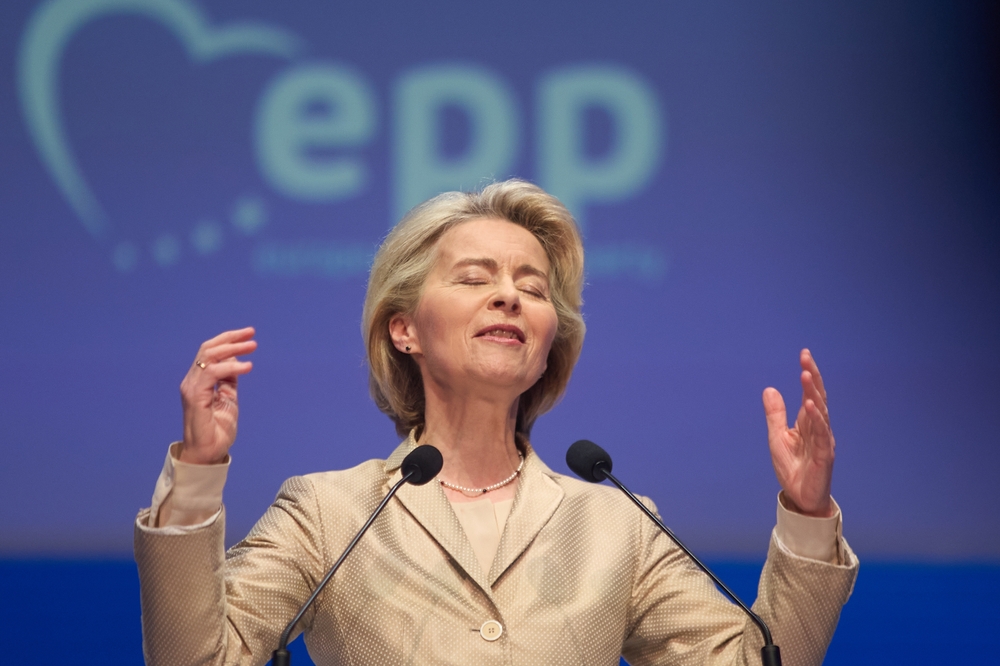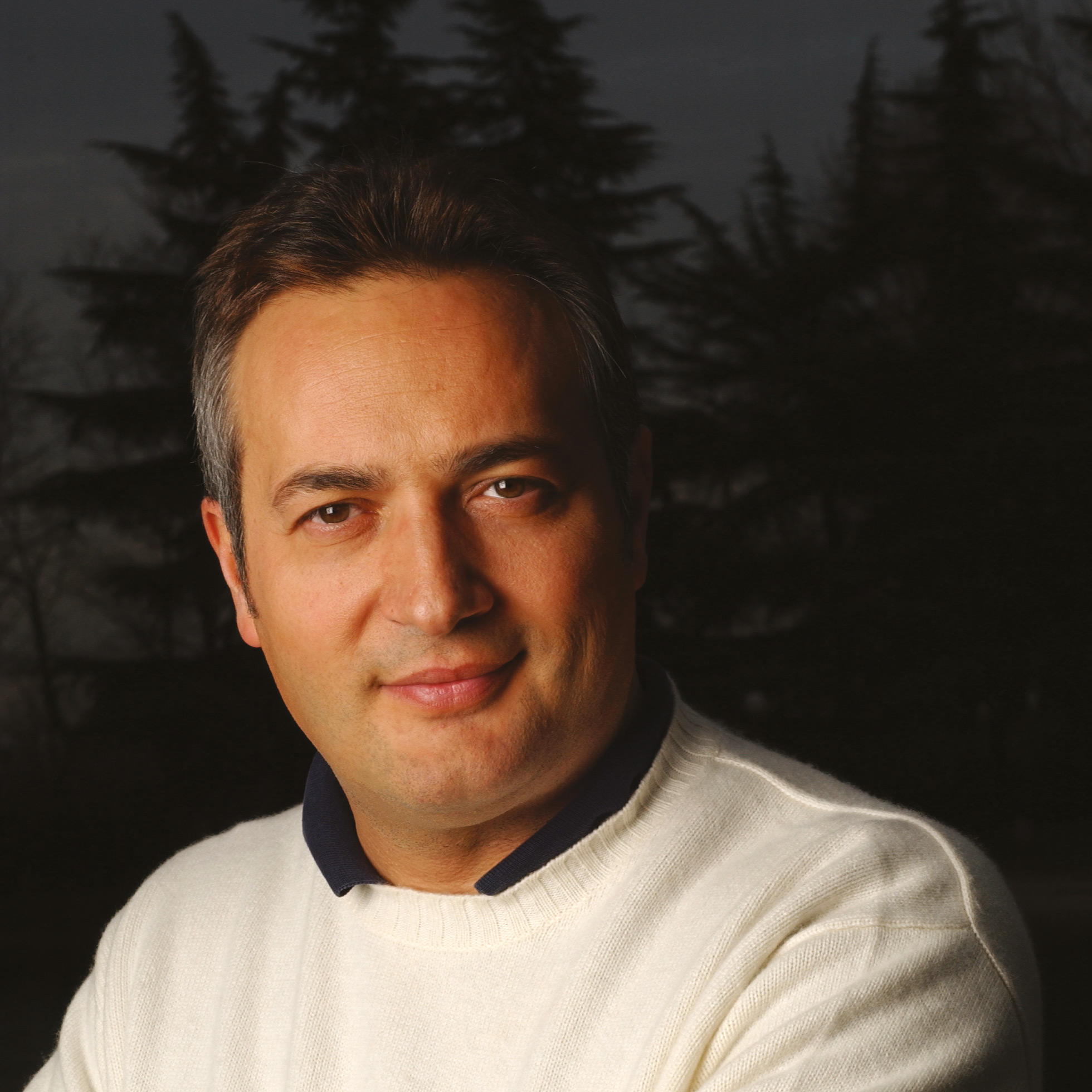Today, we’re delving into Italy, America, and Europe—a perfect blend for our editorial line. Last night, or rather, late into the night, as the historic Tg3 program Linea Notte airs at midnight, the prevailing theory was that the newly reached European government agreement was either thanks to—or the fault of—Trump’s victory. The breaking political news was the long-awaited approval of the nomination package proposed by President Ursula von der Leyen.
The main hurdles in this package were centered around Spain’s Teresa Ribera and Italy’s Raffaele Fitto. Ribera faced opposition from the Greens, who sought to impose a clause following the flooding in Valencia, while the Socialists vehemently opposed Fitto’s nomination. Internal conflicts arose as the largest group of Socialist MEPs came from Italy’s Democratic Party (PD). Ultimately, even with last-minute interventions from Italian heavyweights like Mario Monti and Romano Prodi, the nominations were successfully approved.
The outcome was met with bipartisan applause, at least for now, though some outlets have already claimed that Europe is shifting to the right and that the Green Deal will soon be a distant memory. These claims are nonsense; Europe is pivoting toward conservatives rather than extreme patriots to foster dialogue on essential issues that will require more than majority backing. The ecological transition will continue, albeit with less rigid centralized regulations, and will take cues from national economies—starting with Germany, the continent’s largest. However, it’s no exaggeration to say that Trump’s election accelerated the process. January, and his inauguration, are fast approaching, and Europe must be ready. Governance must prepare for significant shifts in defense, geopolitics, and economics. For now, the road ahead doesn’t promise an easy dialogue.


